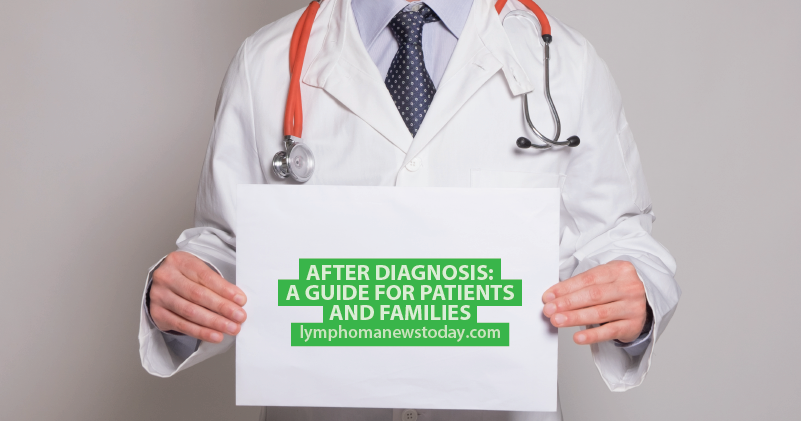A cancer diagnosis is devastating and can have a profound effect on the patient and their family and friends. Everyone will have a lot of questions—some can be answered and some cannot, which only adds to the confusion and worry.
We’ve put together a list some of the most common questions asked following a cancer diagnosis with the hope that it can serve as guidance for patients and those closest to them. We’ve based this on information from the American Cancer Society.
What is cancer?
Cancer is a group of diseases that can affect any area of your body. It occurs when mutated cells begin to multiply and grow faster than normal cells and begin to inhibit the role of the normal cells. Cancers are generally named after the place in the body they originate, although they may spread to other areas of the body which is called metastasis.
Who gets cancer?
Cancer can strike anyone at anytime, from the very young to the very old, both males and females. However, the older you are, the more at risk you are of developing cancer.
Some people are more prone to certain cancers as they have a genetic link such as breast cancer and ovarian cancer, whereas other cancers such as mesothelioma develop due to environmental factors.
Will I die from cancer?
It’s difficult to determine survival rate as it depends on many factors. The type of cancer, the severity of the disease and the overall health of the patient will all play a part in how well a patient responds to treatment. However, most cancers can now be treated and there are more than 14 million people in the U.S. today who have survived cancer. A number which is sure to rise as drugs and treatments continue to improve.
RELATED: 11 cancer statistics that might surprise you
How do I cope?
Coping with cancer is difficult, you will need a good support network, including friends, family and your healthcare team. In addition, there is support available through local groups or online resources where you can connect with others going through the same experience.
Exercise, getting lots of rest and eating well will help you to cope with your diagnosis. Try, whenever possible, to continue with your normal routine and doing the things you enjoy—and above all, try to remain positive.
Making treatment decisions
Your healthcare team is there to advise you on the best course of treatment for your particular cancer, but it’s worth taking the time to educate yourself. Learn about the latest research and treatments available so that you can ask your doctor about any new and upcoming therapies and drugs, or clinical trials you may be able to participate in.
The most common cancer treatments are surgery, chemotherapy, radiation therapy and biological therapies. Often patients will receive a combination of treatments and may find some help with symptoms and side effects through alternative and complementary treatments.
How will cancer affect my everyday life?
The way that cancer affects your everyday life will depend on how ill you feel and how you respond to treatment. Many find the side effects from treatments such as chemotherapy and radiation therapy leave them feeling very ill and fatigued and they may not want to work, be social, exercise and enjoy their usual everyday routines.
As with any chronic illness, there will be good days and bad days. Try to do as much as you can while you feel well, but don’t overdo it. You may be able to schedule treatments so they don’t often impact your work days or you may be able to work from home more while you’re undergoing treatment.
Enlist the help of family and friends to help you with things that may otherwise leave you feeling tired and worn out.
RELATED: Seven tips for family and caregivers of cancer patients
Lymphoma News Today is strictly a news and information website about the disease. It does not provide medical advice, diagnosis or treatment. This content is not intended to be a substitute for professional medical advice, diagnosis, or treatment. Always seek the advice of your physician or another qualified health provider with any questions you may have regarding a medical condition. Never disregard professional medical advice or delay in seeking it because of something you have read on this website.


